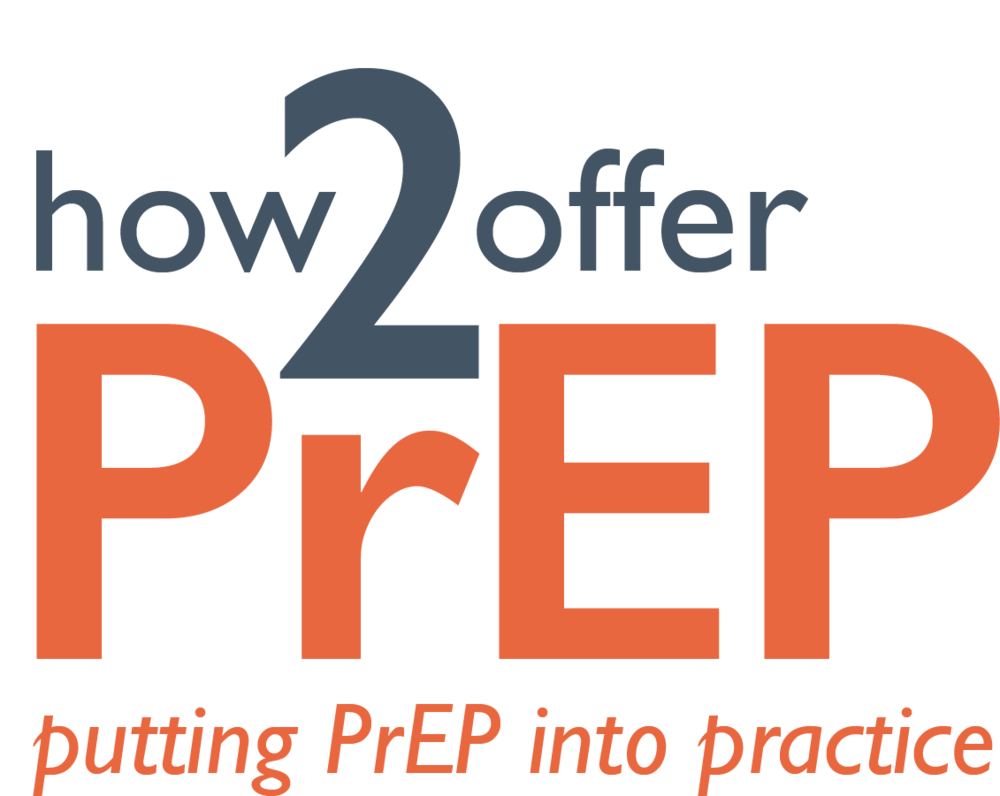PrEP is not like HIV treatment, which should be taken life-long. if PrEP is stopped when people are no longer at substantial risk of HIV infection, there would be no effect on prevention impact. Other reasons for stopping PrEP would include adverse experiences (medical, laboratory, or social), or loss to followup, or stock-outs in medications: Any of these reasons for stopping PrEP would decrease the public health impact.
Common events that may herald a period of lower risk include:
- HIV viral suppression for more than 6 months in a primary sex partner,
- A period when sex does not occur,
- A commitment a mutually monogamous relationship,
- A commitment to use condoms with all partners outside a relationship.
For people who chose to stop PrEP, clinicians (and program monitors and evaluators) should be interested in all the reasons why. These are some of the common reasons that people stop PrEP in clinical practice:
1. Adverse experience (laboratory abnormality other than HIV),
2. Adverse experience (clinical side effect),
3. Adverse experience (social harm or fear, such as stigma),
4. HIV infection,
5. Prefers alternative prevention method,
6. Stock out of medications,
7. Unable to return for visit,
8. Other.
The numerator would be the the primary reason that PrEP is stopped and the denominator is the total number of people who stopped.

